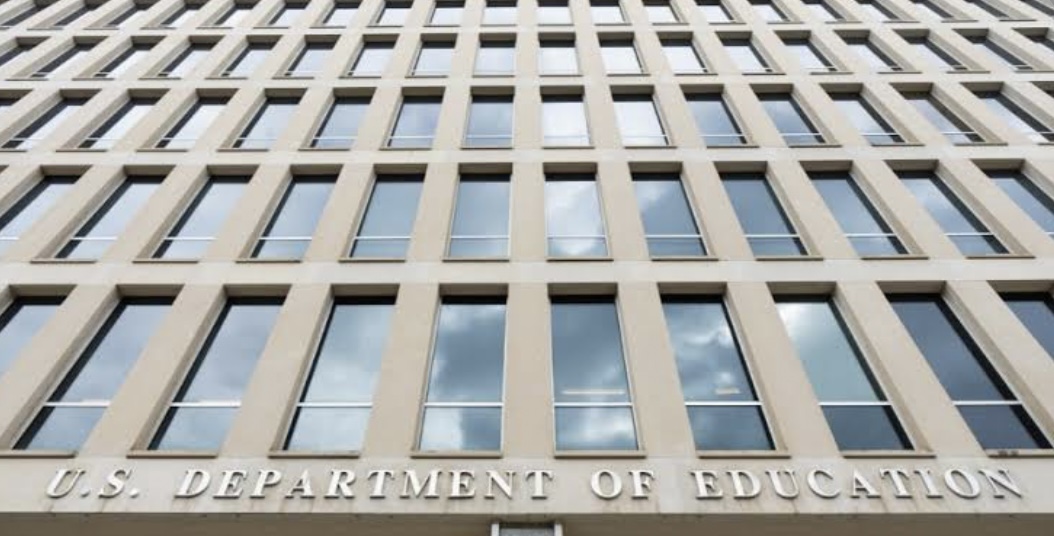Efforts to dismantle the U.S. Department of Education (DOE) are intensifying, with Republican lawmakers pushing to significantly reduce the federal agency’s role. However, the initiative is meeting strong resistance from Democrats and education officials who warn of severe consequences for students, particularly in underserved communities.
“This has been a priority for Republicans for decades,” said Tom Dempsey, NewsNation Congressional Correspondent, during an appearance on Seattle’s Morning News with Charlie Harger on KIRO Newsradio. “The Department of Education has been a target since its inception, and the current administration is making significant strides toward this goal.”
Legal and Political Hurdles
Despite Republican enthusiasm, dismantling the DOE is unlikely to be a straightforward process. Democratic lawmakers and education advocates argue that such a move could devastate school districts that depend on federal funding, particularly in low-income communities.
Washington State Superintendent of Public Instruction has already signaled that legal challenges would follow any attempt to dissolve the department.
“The dismantling of the Department of Education could lead to significant funding cuts for schools in underserved areas,” Dempsey reported. “This is a complex issue with far-reaching implications.”
The Role of the DOE and the Debate Over Federal Oversight
The Department of Education administers federal student loans, grants, and programs for students with disabilities, while also enforcing civil rights laws in educational institutions. Its potential dissolution raises concerns about the future of these services and their impact on millions of students and families.
Republican proponents argue that education should be managed at the state and local levels to allow for more customized approaches.
“Education is best handled by those closest to the students,” a Republican lawmaker told NewsNation. “Federal oversight has led to a one-size-fits-all approach that doesn’t work for everyone.”
However, Democrats insist that federal oversight is essential to maintaining equal access to quality education. They argue that without federal protections and funding, disparities between affluent and low-income school districts will grow, leaving vulnerable students at a disadvantage.
As the debate over the future of the DOE intensifies, legal battles and legislative showdowns appear inevitable. The outcome will have lasting implications for the nation’s education system and the millions of students who rely on federal support.







